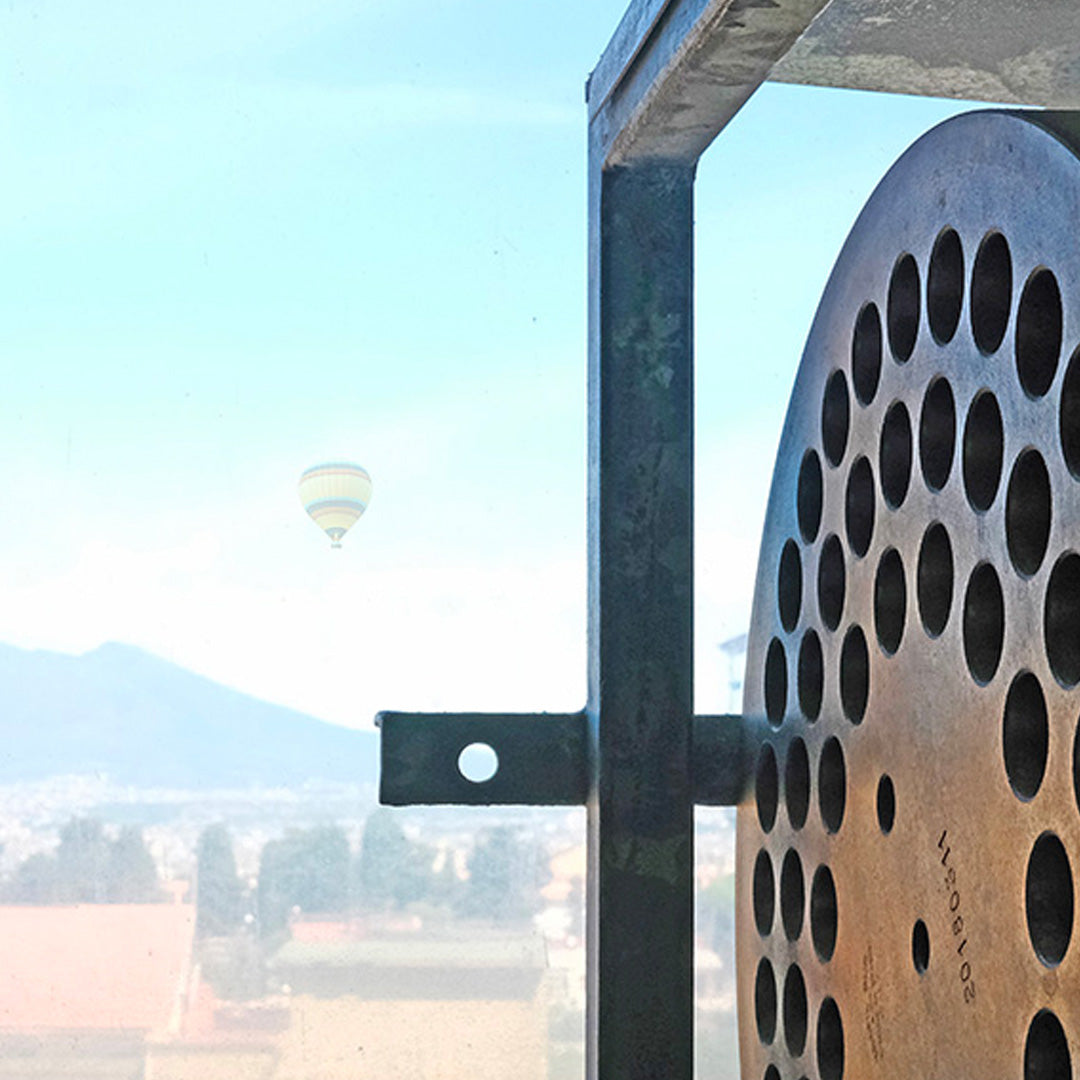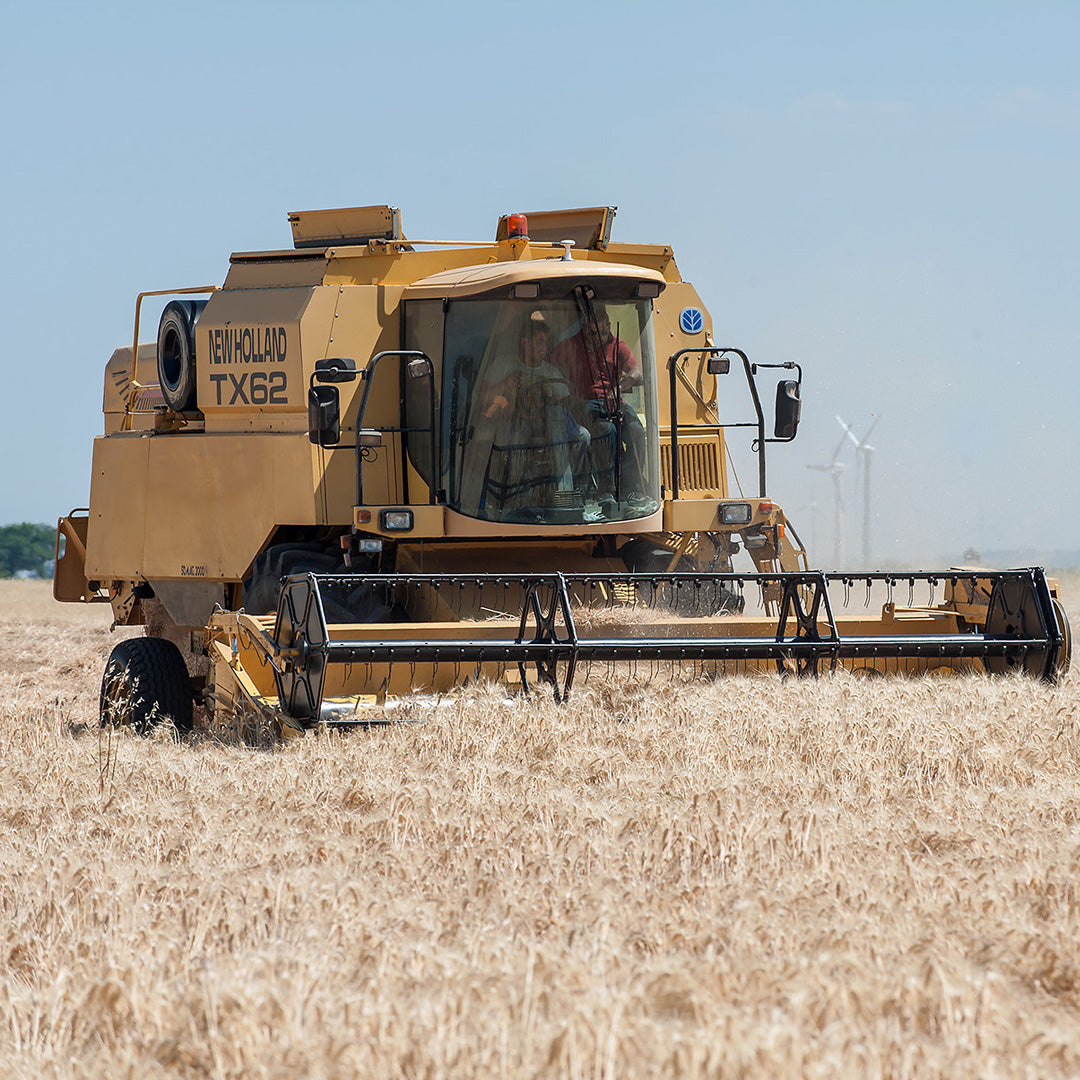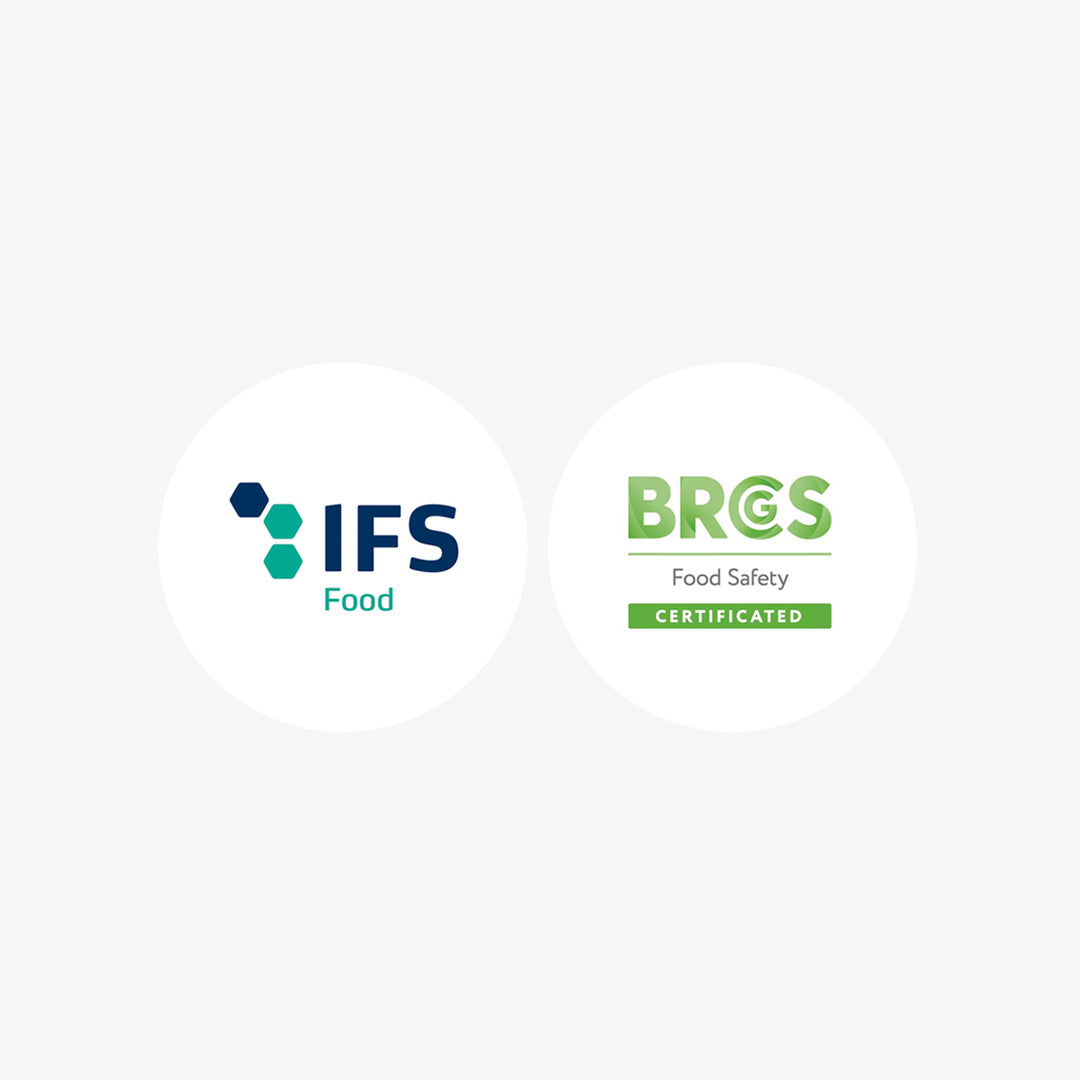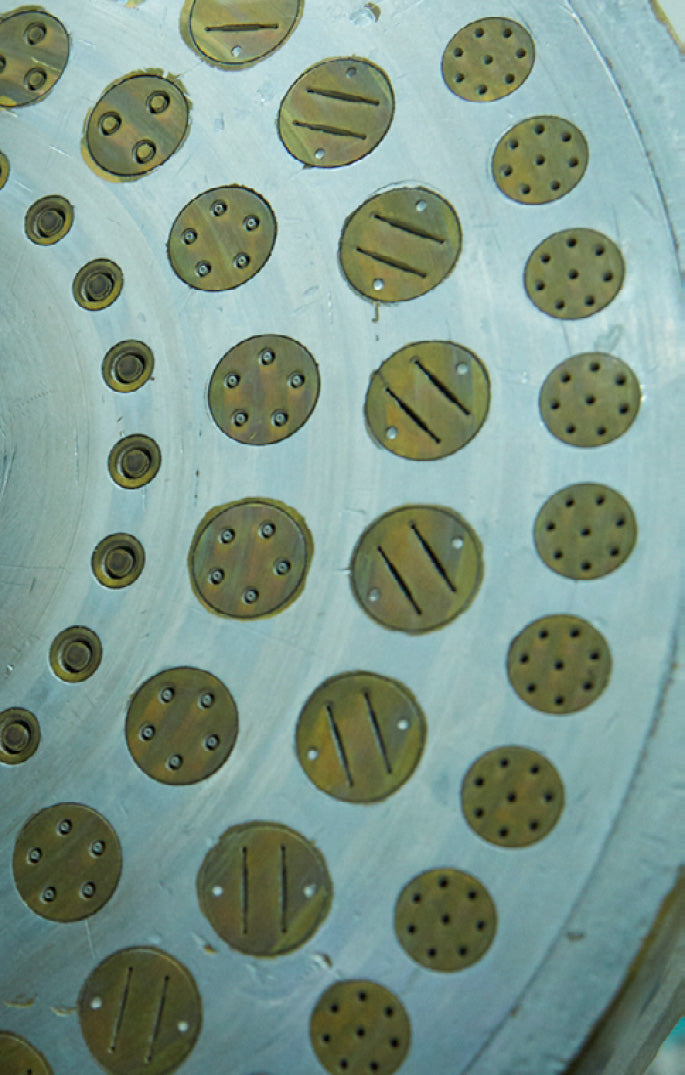Sustainability
Our journey throught Sustainability
We are analyzing our current impact, possible areas for improvement and future commitments through the various stages of the pasta production cycle

A story of inclusion
That Di Martino Group story is a story of inclusion, bond with the territory and respect for quality, raw materials and processing methods that make Pasta di Gragnano PGI famous in the world. The Group today takes a step forward in the field of corporate sustainability, committing itself to progressively reducing the environmental impact of its production plants and providing value to the local communities and well-being to its employees
Our factories
Di Martino Group owns 3 production facilities in total. Two of them are in Campania, dedicated to the production of dry pasta and one in Emilia Romagna, dedicated to the production of fresh and filled pasta.


Energy consumption and emissions
The energy used by our company in the production of pasta in 2020 equals to 357,614 GJ, this number shows an increase of 4% compared to 2019 due to the 17% increase in production. Thanks to the energy efficiency initiatives described below, the ratio between the energy consumed and the production of pasta is down by 15% compared to 2019. The correct monitoring of the energy consumption of the individual production units is at the basis of the energy efficiency plan undertaken by our group
International certifications
To guarantee the quality and safety of our products, the different companies within Di Martino Group have obtained various international certifications, including the International Food Standard and the BRC Global Standard for Food Safety which, through an audit system, can verify and certify the correct use of a HACCP system, a management system and adequate hygiene and safety practices along the production process


Research and innovation
The management of research and innovation, is a direct responsibility of the Quality and Development Department which job is to search for new, tastier and healthier production techniques, and cutting-edge technologies to minimize the use of natural resources in the production process. However, the production of dry pasta is a centuries-old tradition for the Di Martino Group that uses only two raw materials, water and 100% durum semolina wheat, generating minimal waste in the production process
